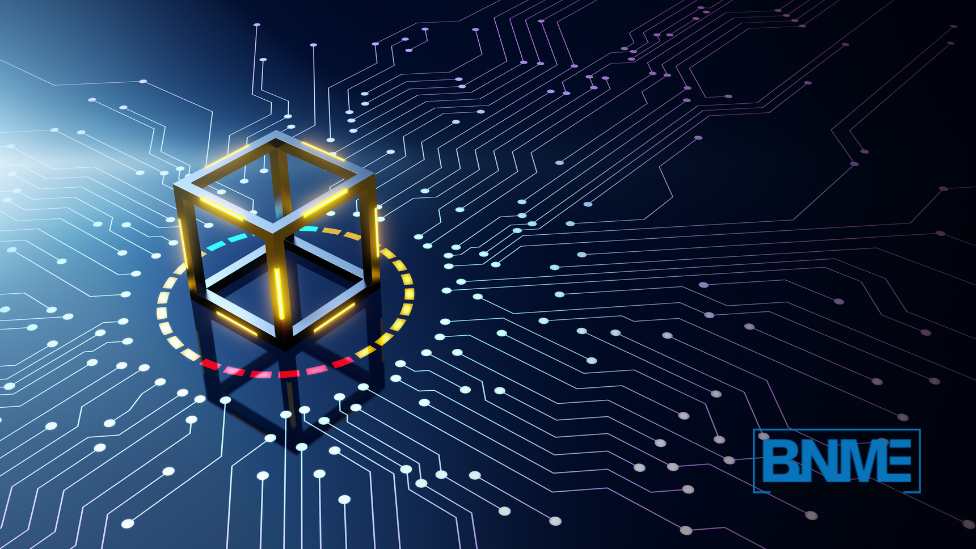Blockchain technology and smart contracts are championing a positive change in business and technology. In the blockchain sector, two popular technologies are NFTs and cryptocurrencies.
Blockchain technology has the potential to enable contracts to exist as digital code in publicly accessible databases beyond the limitations of cryptocurrencies and NFTs. These contracts are automatically carried out without the need for human interaction, and they are safeguarded against being withdrawn, changed, or tampered with.
Smart contracts increase the speed, precision, transparency, and financial inventiveness of transactions while posing special legal difficulties. Regretfully, there are several legal problems brought forth by this technology.
What are Smart Contracts?
Smart contracts are more than digitally signed contracts. These contracts are computer programs that make use of blockchain technology. Code is the only means by which these contracts function and carry out their conditions.
Every smart contract is recorded on the blockchain as a data block. The contract automatically comes into effect when its requirements are met.
It is projected that the smart contracts industry will reach $1,460.3 million globally by 2028. The execution of these measures guarantees the transparency, traceability, and irreversibility of all transactions inside the blockchain.
Problems With Smart Contracts
Sadly, smart contracts have some issues.
Insufficient Smart Contract Regulation
Using smart contracts without a legal framework theoretically operates within legal principles such as “freedom of contract” and the notion that “what is not explicitly forbidden is permissible.” However, finding an entrepreneur who anticipates a favorable response from tax authorities regarding these innovative mechanisms in economic activities might be challenging. This uncertainty could prompt considerable caution and hesitation.
Therefore, dismissing the necessity of resolving the pending issues surrounding the legal standing of smart contracts is unacceptable. While legal regulation might eventually address certain aspects, unforeseen challenges could arise unexpectedly, creating new hurdles in the process.
No Connection To Any Territory Or Jurisdiction
Determining the specific country where a smart contract or its associated assets are situated remains challenging. This lack of clarity raises concerns about which laws govern smart contracts and their jurisdiction. Some in society argue that due to these uncertainties, using smart contracts is either impossible or requires continued manual management, posing a significant concern.
Using Cryptocurrencies As A Unit Of Account
This issue intertwines with the legal challenges faced by smart contracts. Initially, it appears unsolvable due to the inability to employ a “cash surrogate” in legal transactions. However, a solution exists.
Little to No Infrastructure
When smart contracts operate autonomously, devoid of human intervention and following preset algorithms, acquiring such data and ensuring its authenticity poses a challenge.
These contracts are automatically carried out without the need for human interaction, and they are safeguarded against being withdrawn, changed, or tampered with.
Smart contracts increase the speed, precision, transparency, and financial inventiveness of transactions while posing special legal difficulties. Regretfully, there are several legal problems brought forth by this technology.
Takeaways
Smart contracts and blockchain are two excellent innovations that have affected all areas. However, it comes with some issues that can be hard to solve.




























